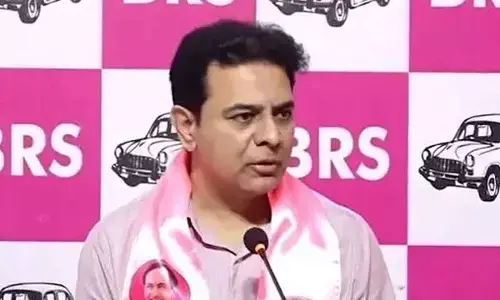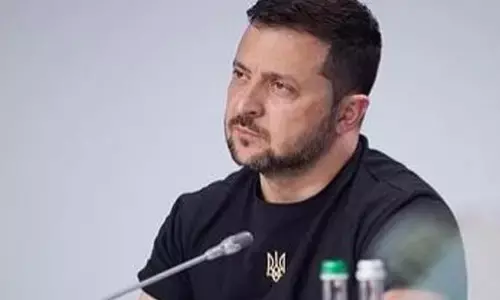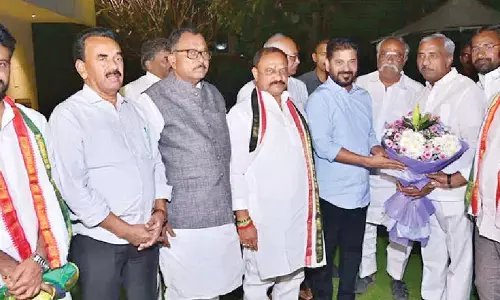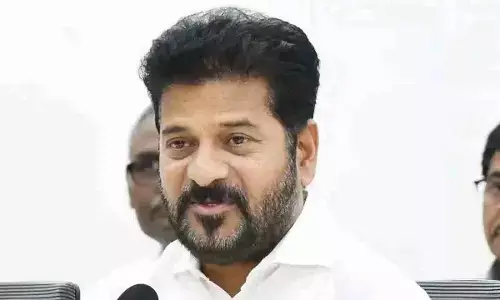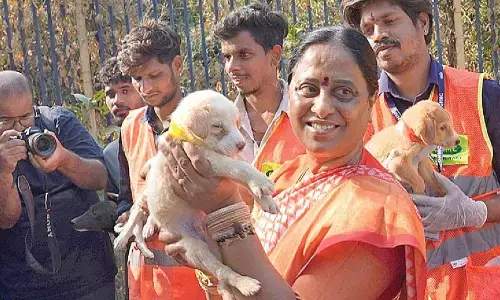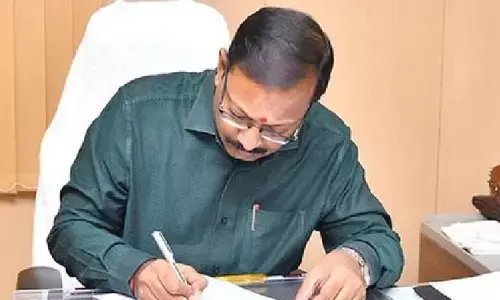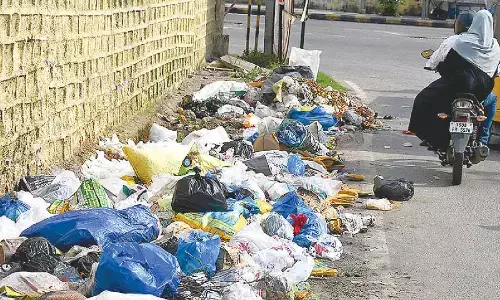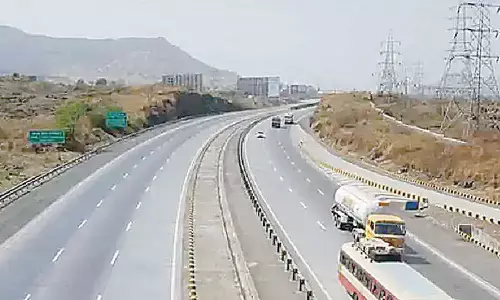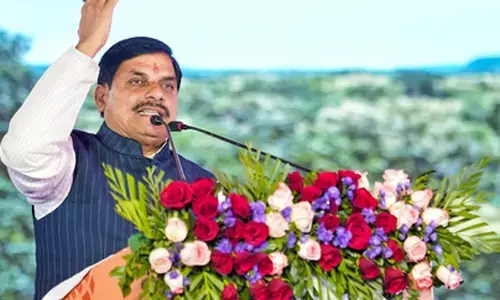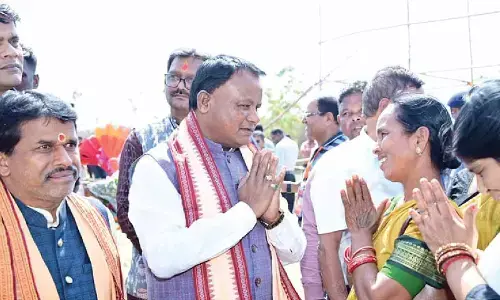IASSI annual meet underway
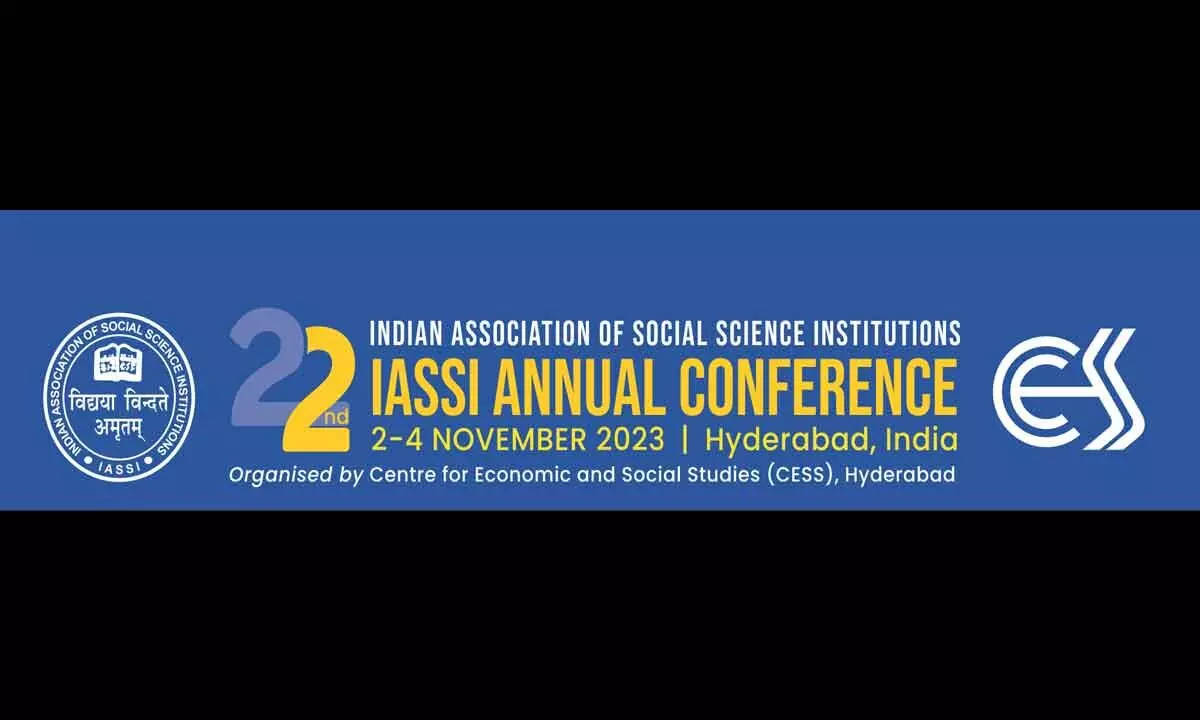
Hyderabad: The second day of the 22nd annual conference of the Indian Association of Social Science Institutions (IASSI) was held at the Centre for Economic and Social Studies (CESS) in Hyderabad on Friday. The conference continued to unveil critical insights and engage in thought-provoking discussions on issues pertinent to the social sciences.
Speaking at the inaugural session, Professor Seeta Prabhu delved into the pressing development issues of the current ‘poly-crisis’, advocating for a shift in policy-making towards managing economic, geopolitical, and environmental crises in unison.
She emphasised the need for policies that bridge the widening inequalities exacerbated by climate change. Her call to action for just recovery and resilience resonated through the hall, echoing India's remarkable achievement in poverty reduction and the simultaneous vulnerability due to its dependence on fossil fuels.
She said that these challenges include post-covid-19 recovery, geopolitical conflicts, rising food and fuel prices, and the impending climate crisis. She emphasised the interconnected nature of these crises and introduced the term ‘polycrisis’ to describe this amalgamation of challenges. Professor Prabhu outlined four primary drivers of the polycrisis which are widening inequality, anthropocene and overshoot, rising complexity, and hyper globalisation.
She said the economic growth without addressing income distribution has resulted in severe inequalities, further exacerbated during the pandemic.
Managing short-term and long-term goals, Professor Prabhu said balancing immediate political objectives with long-term sustainability and intergenerational equity is a significant challenge, she reminded. Development policy in the 21st century must encompass the four R’s; Recovery, Resilience, Responsiveness, and Responsibility for effective transformation, she explained.
In an afternoon session transitioned into an equally critical global issue - India's evolving employment landscape. Distinguished researchers such as Professor Alakh N Sharma and Professor Mahendra Dev led a panel discussion that shed light on post-pandemic employment trends.
The issues highlighted were the rise in female employment, agricultural work, and the expansion of the informal sector.
Dr Balwant Singh Mehta turned the spotlight on the demographic changes impacting the job market, particularly the increased educational engagement among the youth. Yet, he laid bare the irony of higher education's current predicament - the surge in NEETs, young qualified individuals who are not in employment.
This issue, more pronounced in women, coupled with the redundancy of vocational training, has led to a misalignment between qualifications and job market demands, especially among engineering graduates.
Throughout the day, researchers across social science disciplines presented work under three thematic umbrellas: sustainable development, urbanisation and development, and women empowerment.
The segment on women empowerment was particularly evocative, featuring papers that covered a gamut of issues from land rights to labor market participation.


